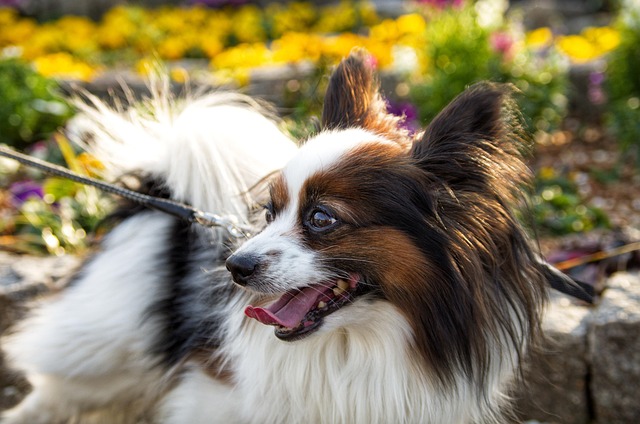
How do i train my dog to be obedient?
Watching your dog dart across the park ignoring your calls isn’t just frustrating—it can put them at risk near busy streets or public spaces.
If you’ve ever tensed up when a stranger approaches your older dog, worried they might growl or snap, you know the stress of dealing with aggression. My neighbor Jim faced this with his 7-year-old rescue lab, Bear—after moving to a busy apartment complex, Bear started lunging at delivery workers and barking fiercely at other dogs on walks. Jim felt helpless, thinking “old dogs can’t learn new tricks,” but with patience, Bear now greets visitors calmly. Aggression in older dogs isn’t a permanent trait—it’s often a cry for help, and they can learn to feel secure.
Older dogs act aggressively not out of malice, but usually from fear, pain, or confusion. Maybe they’re sore from arthritis and react when touched, or they never learned social skills as puppies. Unlike puppies, seniors have longer memories, so punishment—yelling, hitting, or shock collars—does more harm than good. It increases their anxiety, making aggression worse, and breaks the trust they need to learn. Instead, positive reinforcement works because it builds confidence: rewarding calm behavior teaches them “this is how I get good things,” whether that’s treats, praise, or extra cuddles.
Here’s how to start. First, learn their “warning signs”: a stiff body, raised hackles, or low growls mean they’re uncomfortable. Don’t wait for a snap—act early. When you notice these signs, gently guide them to a quiet spot with a soft “let’s go” and offer a high-value treat, like a piece of cheese, when they relax. Over time, practice “desensitization”: if they react to other dogs, start far enough away that they stay calm, then reward. Gradually shorten the distance as they get more comfortable. For Jim, this meant starting 20 feet from other dogs on walks, rewarding Bear for sitting quietly, until he could pass by without tension.

As a responsible dog owner in the U.S., remember legal and community basics. Keep their rabies vaccine current—all states require it by law, and vets can check for pain that might fuel aggression. In apartments, manage noise from barking to avoid disturbing neighbors; try calming music if walks near busy areas stress them. Always carry poop bags—leaving waste isn’t just rude, it’s illegal in most cities, with fines up to $200. When walking, keep them on a sturdy leash (check local laws—some areas require 6-foot leashes) and give space to kids or other pets. Never punish aggression with force; it’s not just inhumane, it’s ineffective. With consistency, your older dog can learn to feel safe, and you can both enjoy peaceful days.

Watching your dog dart across the park ignoring your calls isn’t just frustrating—it can put them at risk near busy streets or public spaces.

New puppy owners often find themselves rushing to clean up accidents before they set in, and that’s where puppy pad training becomes a game-changer.

If you've noticed your dog's waistline disappearing and your veterinarian has mentioned those few extra pounds, your first instinct might be to simply reduce the amount of food in their bowl.

Training a dog to use a designated spot indoors isn’t as daunting as many new owners fear, but it does take consistency and an understanding of your pet’s needs.

That moment of dread on a walk is all too familiar for many new dog owners. You see another dog approaching down the sidewalk of your neighborhood

If the sight of another dog on your neighborhood walk makes your heart sink as your own dog erupts into a frenzy of barking and lunging, you're not alone.